Elevate Corporate Travel: 7 Upselling Essentials

Corporate travel is making a steady comeback in 2025, and I’ve seen firsthand how companies are looking beyond mere transportation to achieve meaningful returns on their travel investments. My passion for future-forward aviation and the rise of remote work has led me to observe that corporate travelers now demand a blend of personalization, efficiency, and memorable experiences. According to industry data from the Global Business Travel Association, overall business travel spend is up 20% compared to previous years, and this growth shows no sign of slowing.
In my own engagements with organizations and travel professionals, I’ve noticed an interesting shift: decision-makers aren’t just checking the boxes for flights, hotels, and rental cars; they’re looking for opportunities to maximize traveler satisfaction while demonstrating a robust return on investment. As you read on, you’ll find seven key strategies to elevate and upsell corporate travel plans in ways that resonate with modern business flyers.
1) Tap into AI and Tech Solutions
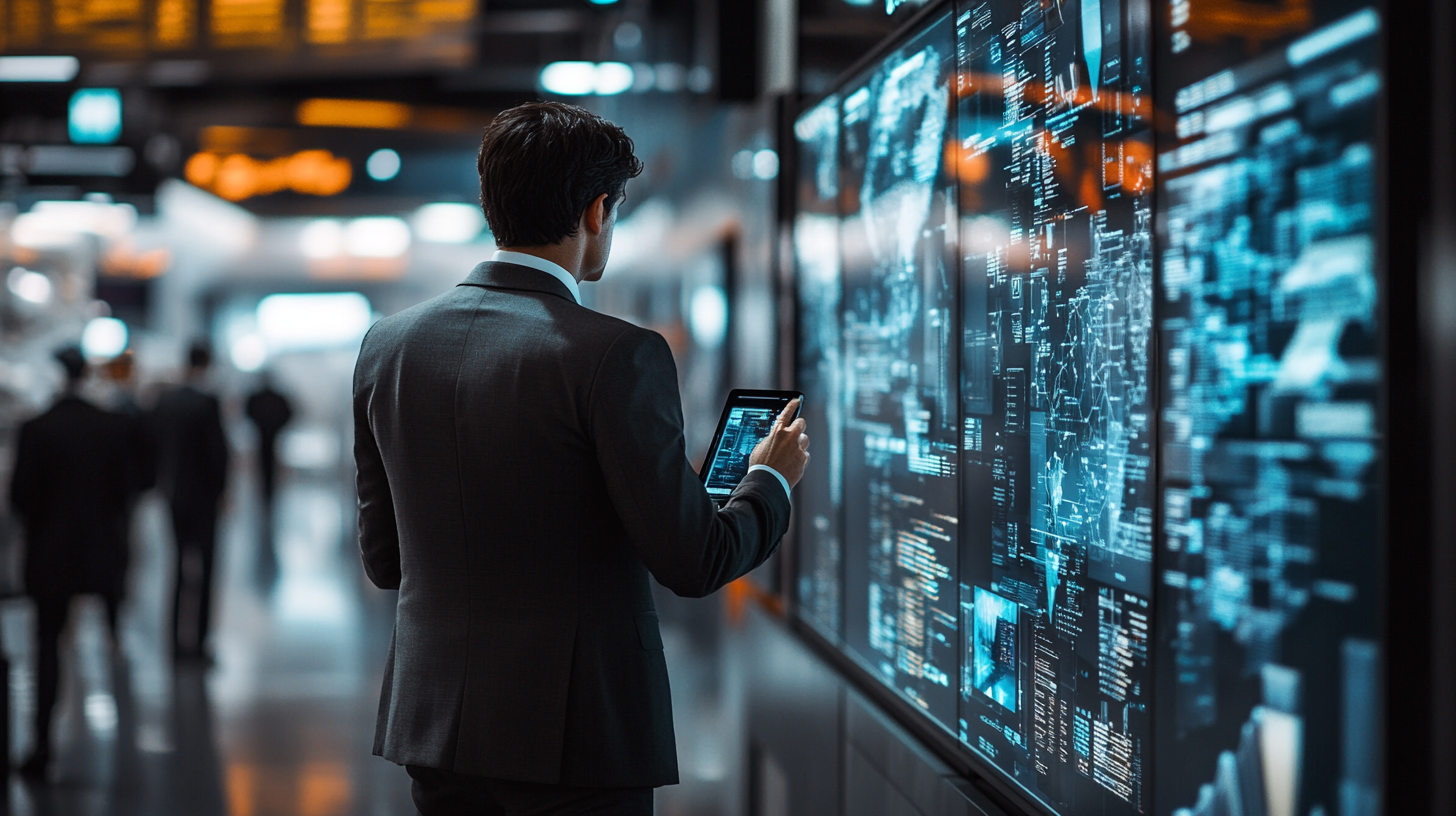
I remember the first time I booked a complex international itinerary with a single tap on an AI-driven travel app—it felt like a glimpse into the future. Today, that future is here. Many companies have embraced AI-based virtual assistants and integrated payment platforms that simplify flight searches, automate check-ins, and streamline expense reporting. According to a 2024 survey by Business Travel Insights, 62% of corporations now consider these tools their top priority for improving the traveler experience.
Upselling in this area involves highlighting time savings and real-time responsiveness. For example, AI can quickly recalibrate an itinerary if a connecting flight is canceled, offering immediate solutions rather than forcing travelers to queue at customer service counters. I’ve also found that these solutions reduce stress during customs checks or expense audits. Integrating these upgrades can demonstrate clear value for businesses, as employees travel more confidently knowing their trip management is underpinned by reliable, data-driven systems.
Travel advisors can take this further by bundling AI services with dedicated premium support. For instance, some platforms offer 24/7 live chat with experts who can handle last-minute changes, a significant leap toward frictionless corporate travel.
2) Encourage Bleisure and Group Travel

From my perspective, one of the most delightful transformations in recent years is the emergence of bleisure—when individuals or teams tack on leisure activities to a business trip. Recently, I visited Singapore for a technology conference, and it was exciting to see entire delegations organizing guided cultural excursions after the event. It not only enriched their experience but also fostered stronger team bonds.
Travel agents can upsell by offering weekend add-ons, team-building sessions, or unique local activities that enhance the social and cultural aspects of a destination. A recent study by the Travel Industry Institute found that 78% of corporate travelers who engaged in well-planned bleisure activities reported increased overall productivity. These packages often include exclusive group rates, making them financially attractive even if the stay is slightly extended.
In my experience, this concept works especially well for conferences and off-site retreats where group travel fosters deeper networking opportunities. By blending business and leisure, organizations can justify travel expenses more readily while positioning themselves as employers that care about work-life balance.
3) Offer Luxury Perks and Service Upgrades
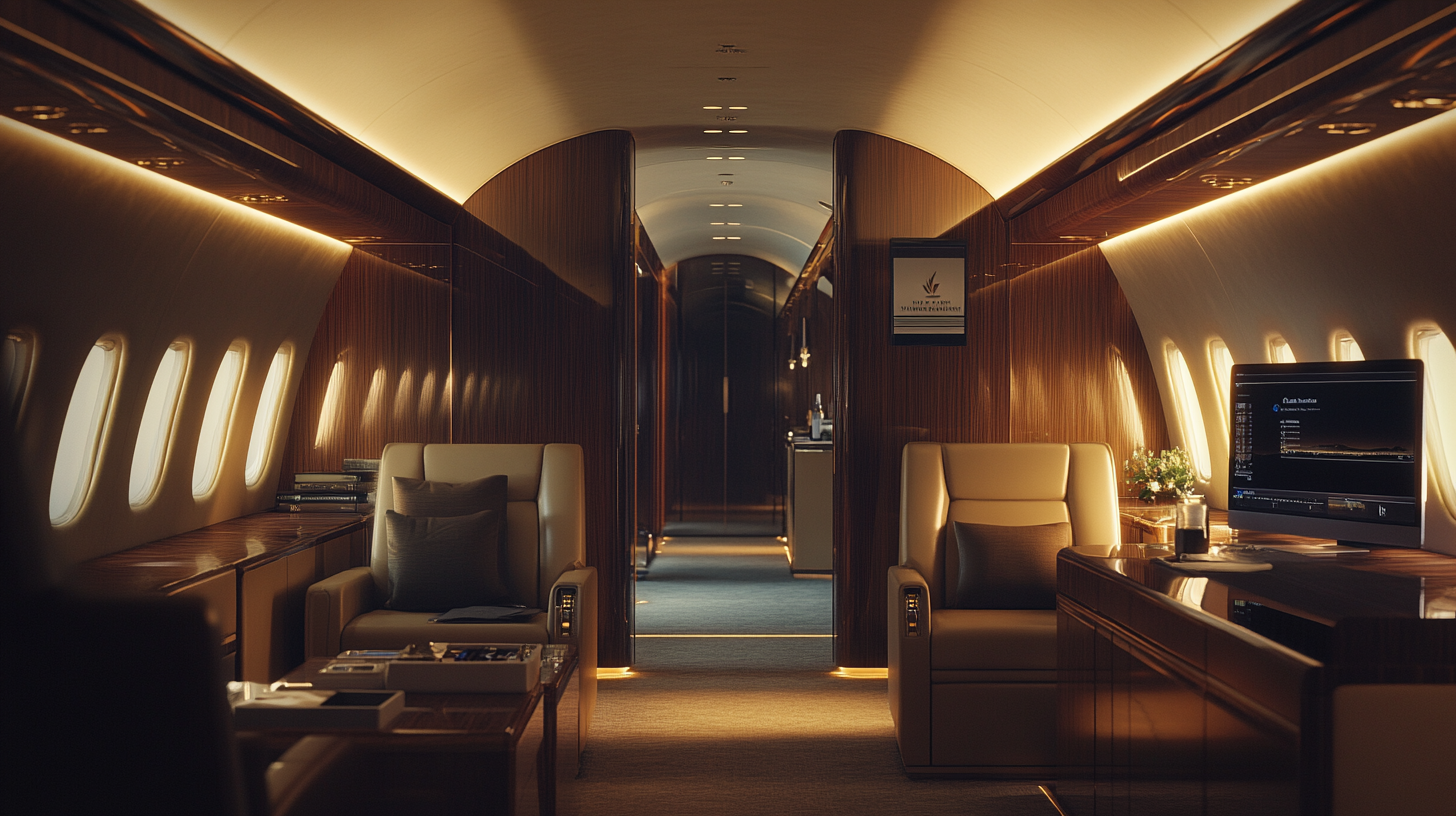
When it comes to making a lasting impression, I’ve seen how luxury perks can turn an ordinary trip into an extraordinary one. From business-class lounges that offer sleek workspaces and gourmet dining to chauffeured transfers that whisk travelers right from the plane to their hotel, these offerings provide a sense of exclusivity. In fact, according to an updated 2025 Elite Travel Report, nearly 40% of upscale corporate travelers are willing to pay extra for premium airport and in-flight amenities.
Expedited security lanes and private lounge access have become more than just perks; they are time-savers and stress-reducers. In a recent survey by Worldwide Flyer Reviews, 85% of respondents said that cutting down on waiting times positively impacted their willingness to travel for work. When I’ve had the chance to use VIP security lanes, it felt like a thoughtful partnership between the airline, airport, and traveler—saving me valuable minutes and letting me focus on the next project.
As an upsell strategy, consider positioning these luxury add-ons as part of a comprehensive ‘executive-level’ travel package, highlighting not just comfort but also productivity. When travelers feel valued, they’re more inclined to remain loyal to the brand that delivers these thoughtful services.
4) Personalize with CRM Insights

Personalization is a game-changer, and I’ve seen how it can set an agency or airline apart. By leveraging customer relationship management (CRM) tools, travel planners can quickly spot recurring preferences—like window seats, vegan meal options, or late hotel checkouts—and proactively offer upgrades aligned with those individual habits. As found in a 2025 Customer Experience Benchmark, companies that personalize offers see a 15% higher acceptance rate.
I’ve found that timing is crucial. When loyalty or CRM data show a pattern of seat upgrades, for instance, it’s a prime moment to offer that next tier of comfort. The same logic applies to hotel accommodations: if a traveler prefers suites with ample workspace, propose an upgrade package that bundles a suite with local transportation and meal services. Recognizing these nuances signals respect for a traveler’s time and preferences, fostering trust.
Furthermore, by capturing data points like conference schedules and project deadlines, CRM systems can alert agents to potential opportunities for cross-selling. Negotiating group discounts or insurance add-ons tailored to a specific corporate client shows a real understanding of their needs, which is key to lasting partnerships.
5) Factor in Remote Work Needs
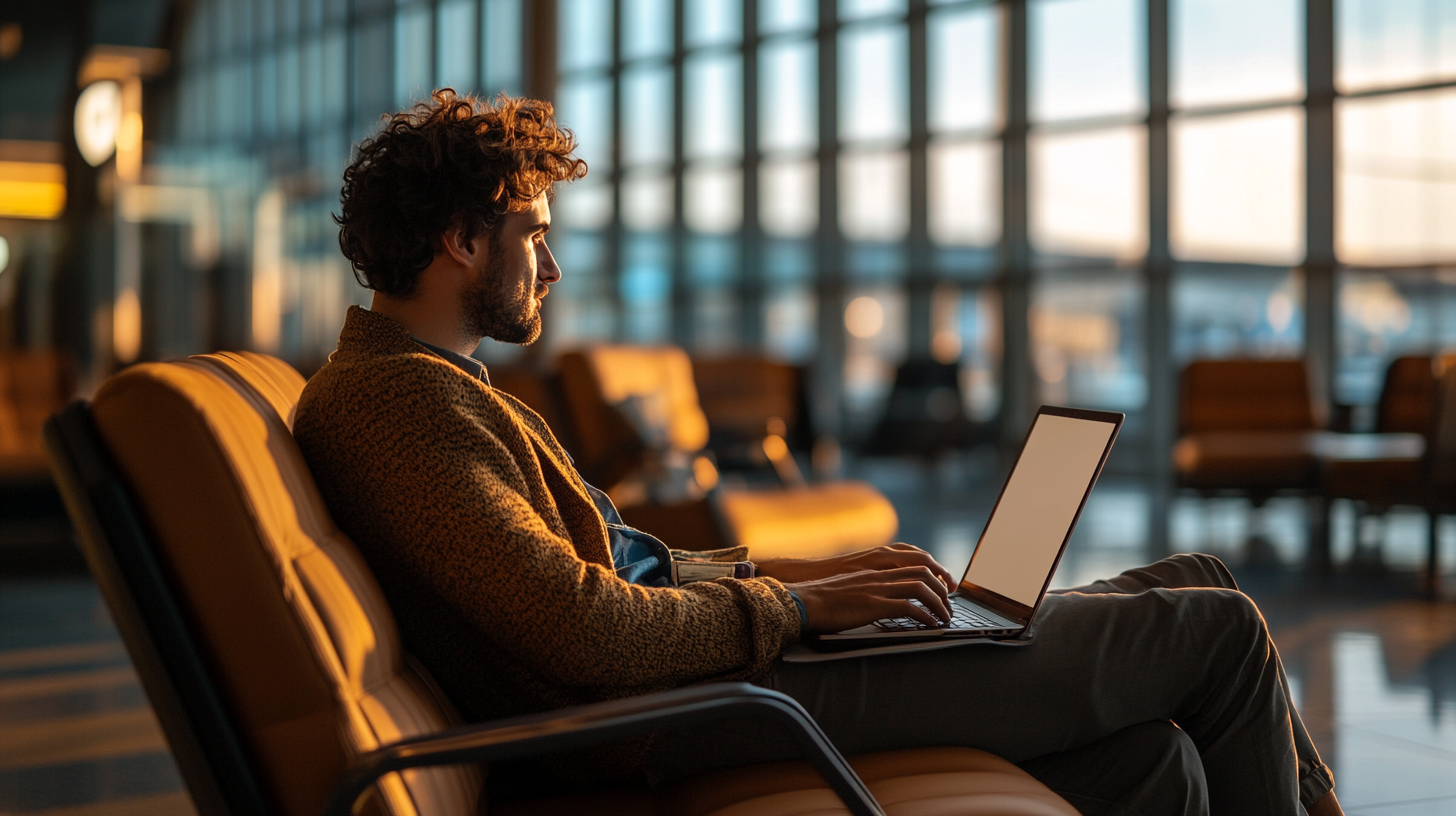
In the past two years, I’ve noticed how work can now happen from a beachside café or a mountainside cabin, as long as there’s a stable internet connection. This shift has changed the face of corporate travel, with more professionals wanting flexible lodging that doubles as a comfortable remote office. A 2025 Remote Workforce study revealed that 67% of employees prefer accommodations offering dedicated workspaces and reliable high-speed Wi-Fi.
For travel advisors, highlighting remote-work-friendly upgrades is an easy win. I’ve been in destinations where the hotel lounged area had limited connectivity—not ideal for back-to-back video calls. High-end properties or serviced apartments with ergonomic chairs, spacious desks, and fully equipped business centers fill that gap seamlessly. Offering weekly or monthly packages can also appeal to companies with extended project timelines.
Additionally, larger suites or apartments allow travelers to strike a balance between focused work and after-hours leisure. By presenting these lodging solutions as part of an enhanced business travel package, agencies can show real empathy for the evolving ways we blend work and exploration.
6) Highlight Seamless Payment Options
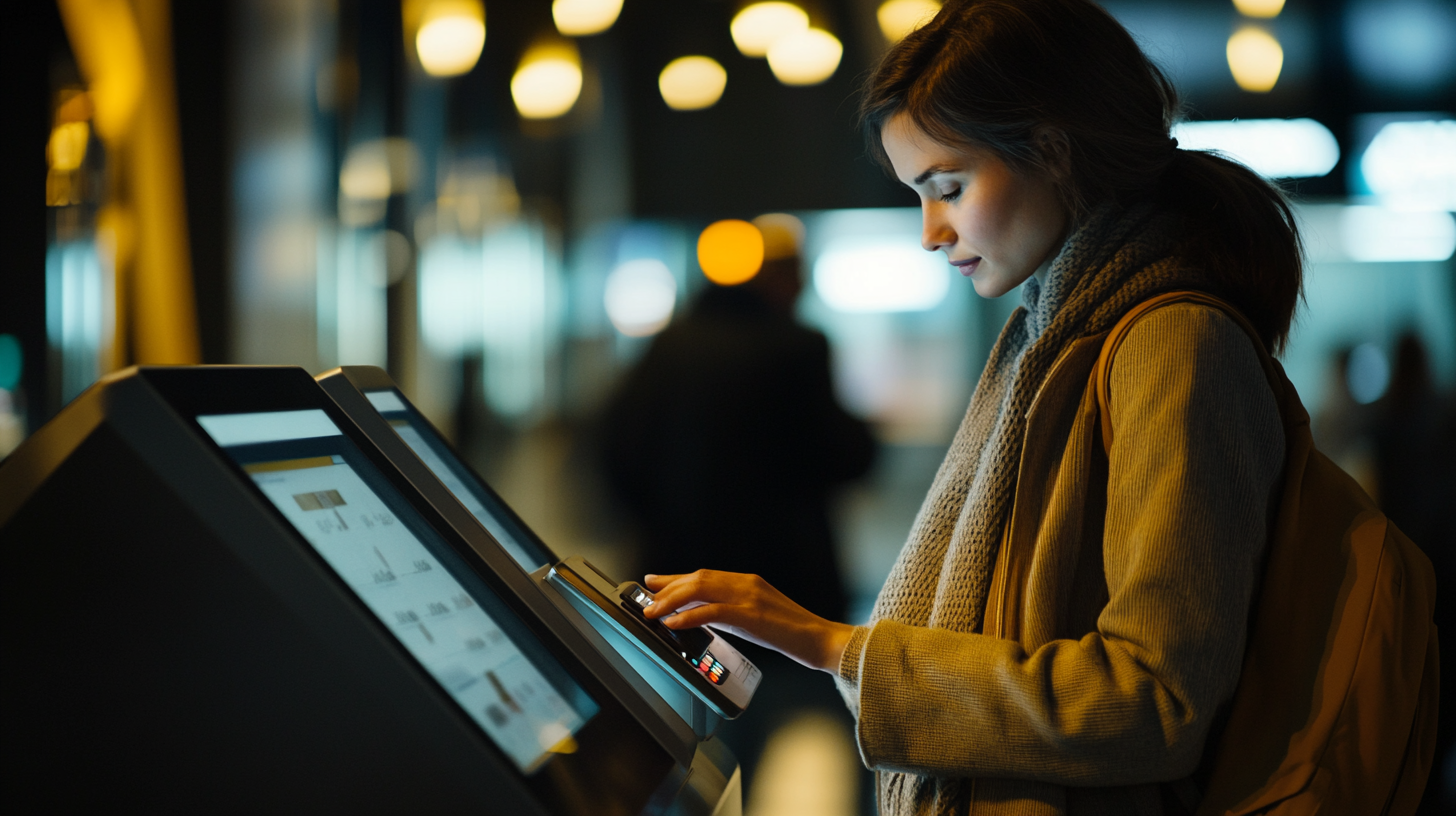
Simplifying how employees pay for and track expenses can be a surprisingly big draw. I once had to juggle multiple receipts and chase corporate reimbursements, which drained both time and enthusiasm. Thankfully, integrated payment tools can now handle automated invoicing, centralized billing, and analytics. Industry data from a 2024 Expense Tech Survey reported that 81% of finance managers believe these systems help uncover at least 20% in hidden travel-related costs.
Upselling in this area could include a premium expense platform subscription, offering advanced analytics to monitor spend by category, traveler, or project. When I talk to corporate travel managers, they often talk about the value of immediate expense classification—knowing exactly how the budget is being deployed can lead to better decision-making and negotiation with vendors. And from a traveler’s standpoint, it’s reassuring to have a quick, straightforward method for lodging receipts and logging expenditures.
Lastly, some businesses are adopting virtual payment cards with built-in spending limits to reduce fraud risk and ensure policy compliance. Presenting these options as an upgrade streamlines the whole travel cycle, from booking to reconciliation, ultimately enhancing transparency and trust.
7) Train Your Team and Track Results
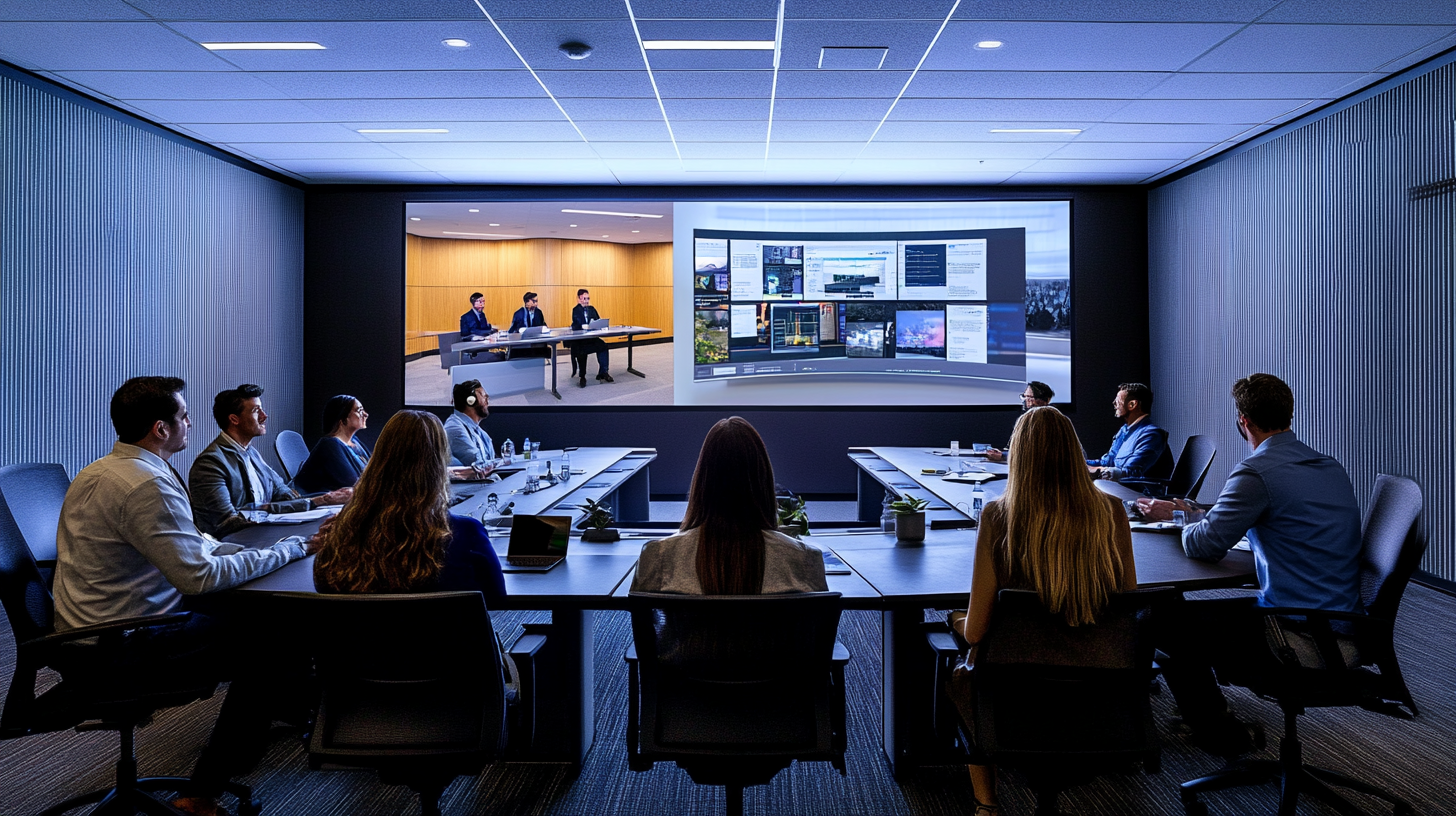
One of the most overlooked components of upselling is staff education. Even the most sophisticated AI tool or luxurious lounge pass won’t close a sale if the benefits aren’t communicated effectively. I’ve observed that teams who undergo ongoing training—from product demos to soft skills in consultation—tend to be more confident in highlighting upgrades at the right moment.
Integrating real-time data on sales performance can provide insights into which upsells are resonating. This could be anything from noticing a spike in demand for premium seats to seeing an uptick in bleisure packages during summer months. According to a 2025 Upsell Monitoring Report, agencies that actively track performance see a 25% higher success rate compared to those that leave outcomes to chance.
Travel businesses can also gather traveler feedback to continuously refine their offers. I’ve led feedback sessions where participants said that proactive suggestions—like lounge access or a room upgrade—felt more like a service than a hidden sales tactic. Done right, these interactions elevate the traveler’s sense of autonomy and trust.
Final Thoughts

Corporate travel in 2025 is a fusion of convenience, personalization, and meaningful experiences. It’s not just about booking flights and hotels; it’s about crafting a journey that aligns with a traveler’s objectives and preferences while benefiting the organization’s bottom line. Every added feature, whether it’s an AI-powered messaging system or a VIP airport concierge, can be presented as an investment in efficiency, comfort, or team-building.
As demand grows, businesses and agencies have an opportunity to refine their strategies. By combining data analytics, thoughtful extras, and genuine human touchpoints, it’s possible to make each trip more productive and enjoyable than the last. When the right upgrades match real needs, the result is a win-win for both travelers and those footing the bill.
Amelia Yeaher’s Take
I find it thrilling to watch how technology and evolving work paradigms keep reshaping the corporate travel landscape. What excites me even more is seeing how we can harness these changes to deliver experiences that are personal, productive, and genuinely enjoyable. Travel, at its best, should expand our professional horizons while leaving room for curiosity and exploration.
From my perspective, staying informed and adaptable is the new baseline. Today’s innovations are tomorrow’s standards, and those willing to explore and invest in thoughtful upsells will undoubtedly stand out in a world where the lines between work and wanderlust continue to blur.






